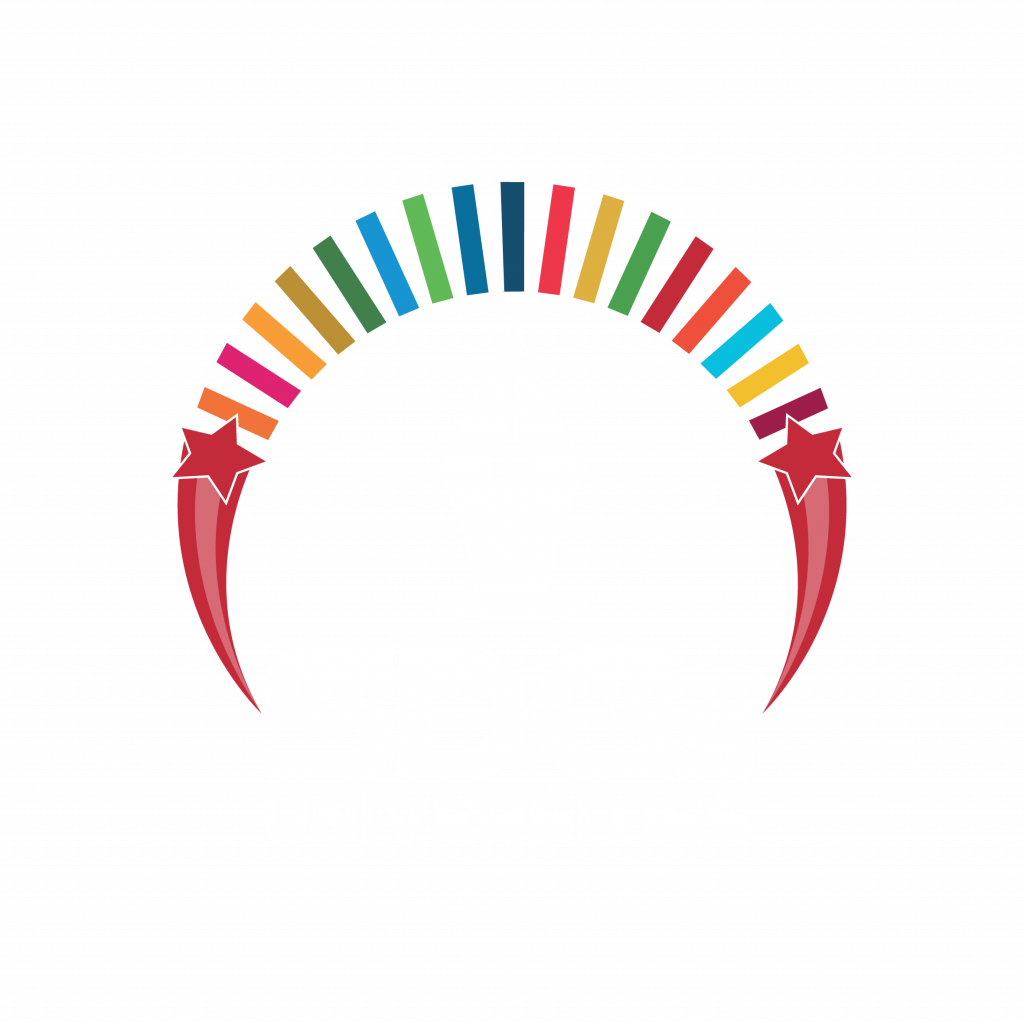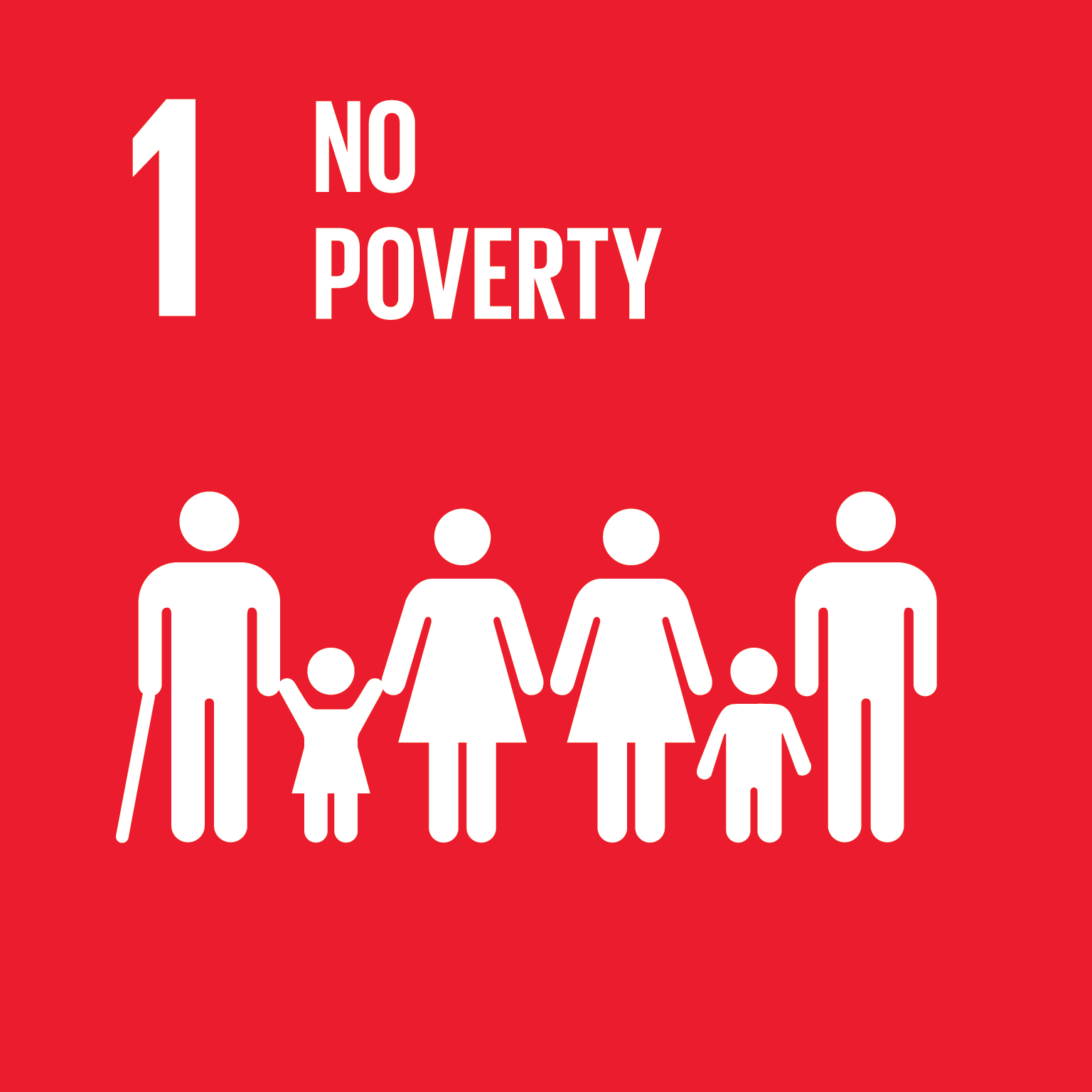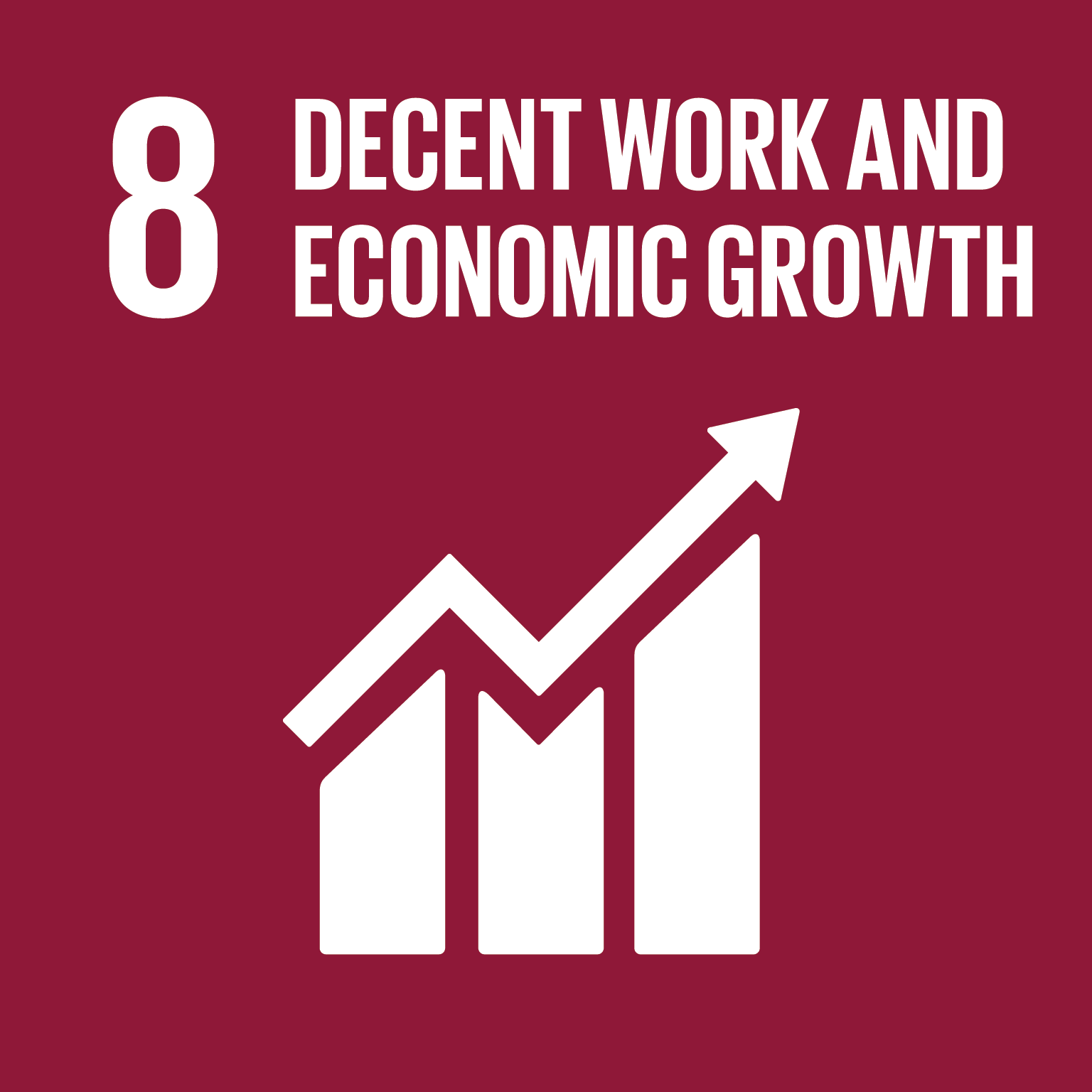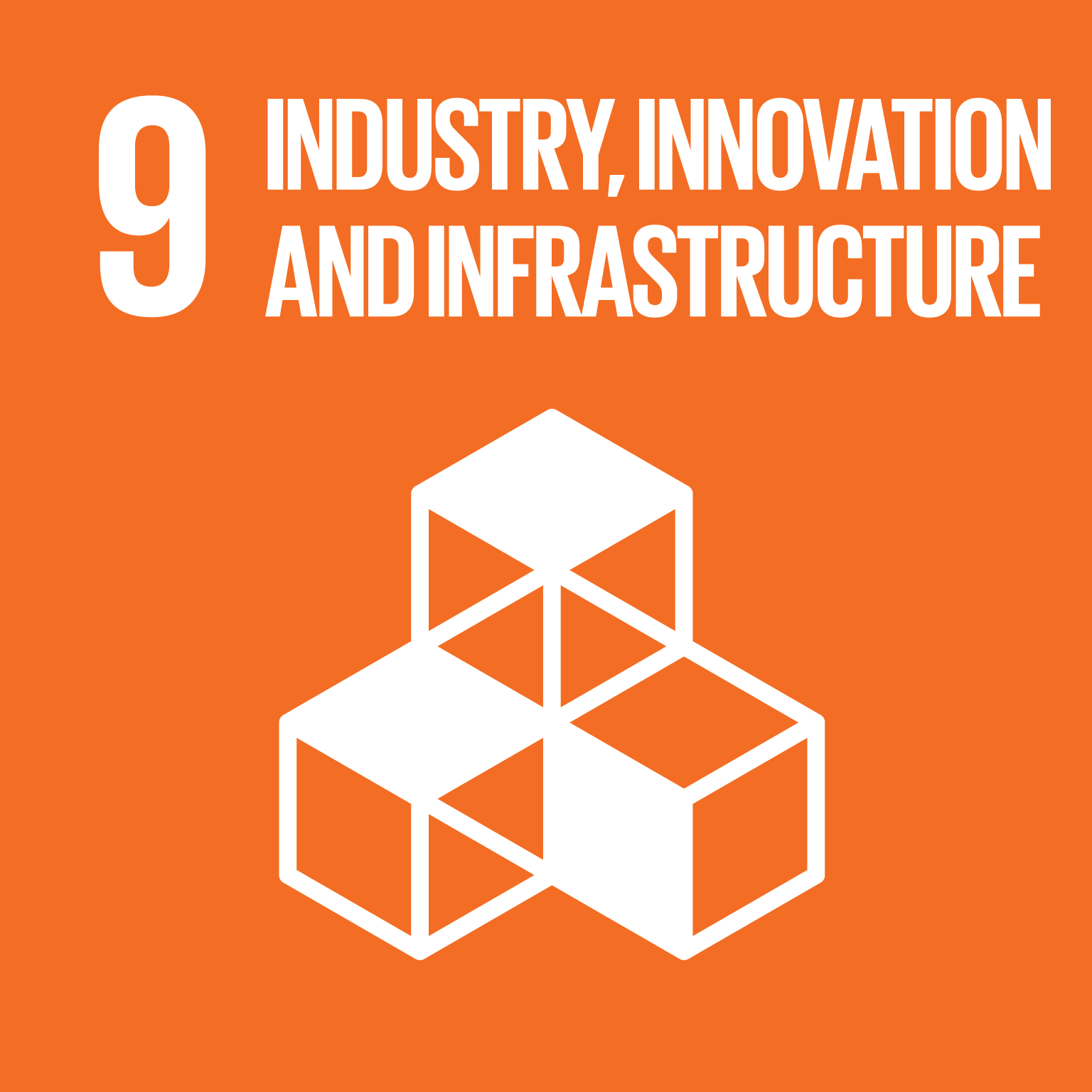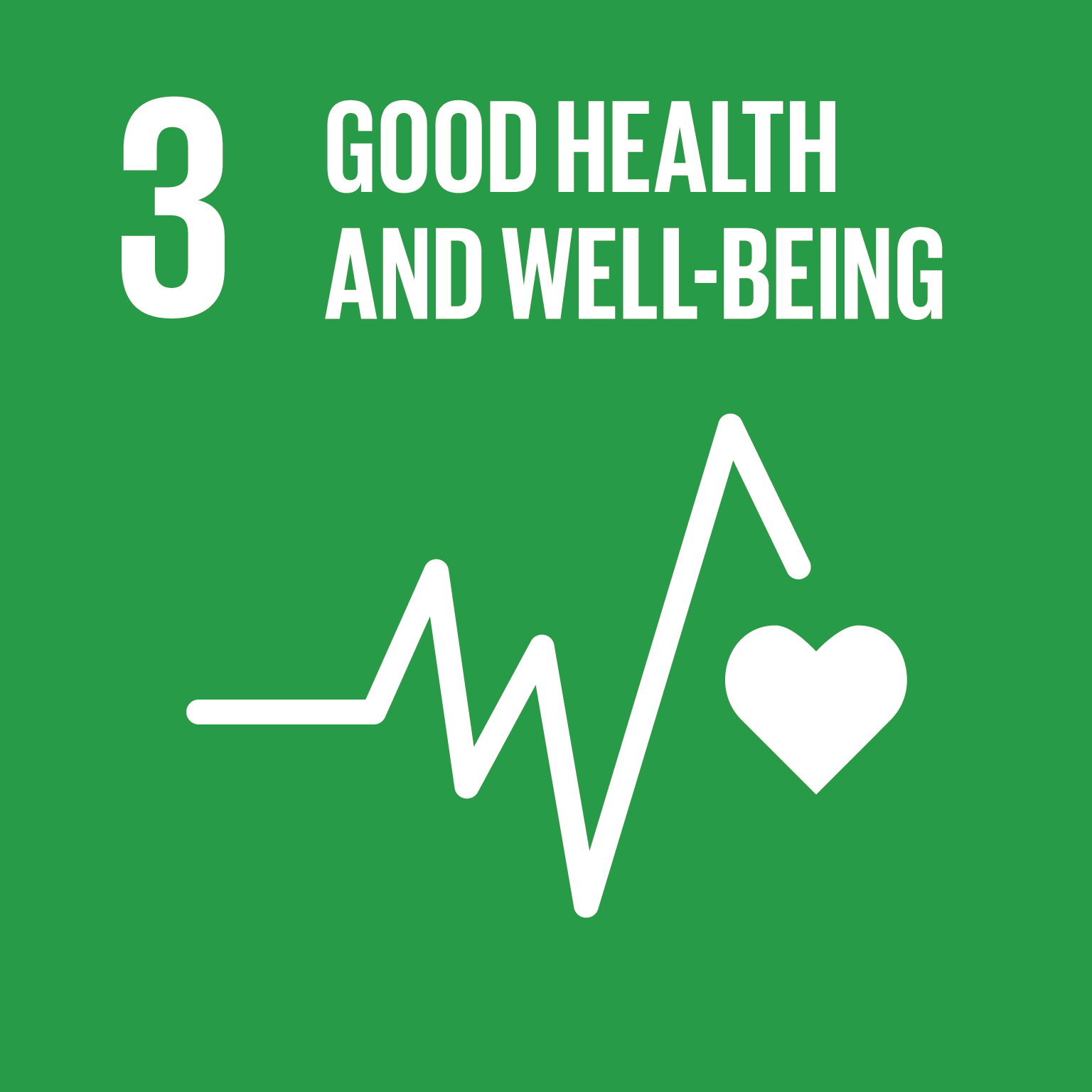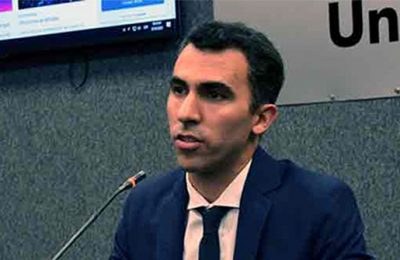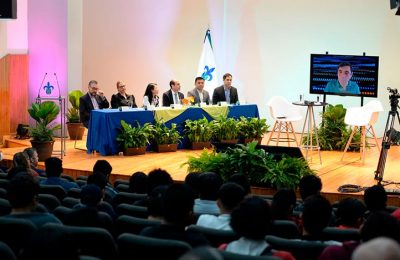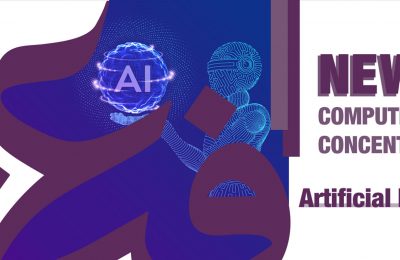Recent research in agricultural extension and rural development covers a range of key areas, focusing on improving agricultural productivity, promoting sustainability, and addressing global challenges in rural areas. Below are several emerging research trends/themes, along with specific examples:
(1) Climate-Smart Agriculture (CSA): Climate-smart agriculture aims to address the challenges posed by climate change while improving agricultural productivity and enhancing resilience. Recent studies have focused on integrating CSA practices into agricultural extension services (Hussain et al., 2022). Specific examples include:
Drought-Resistant Crops: Research has shown that drought-resistant crops, such as drought-tolerant maize and sorghum, can significantly improve yields during dry periods, particularly in arid regions such as Sub-Saharan Africa (Fan T L et al., 2023).
Water Management Techniques: Technologies such as drip irrigation and precision irrigation systems have been found to conserve water while improving crop yields. In regions like India and parts of Africa, precision irrigation has helped farmers reduce water usage and increase crop productivity (Muhammad Naveed Anjum et al., 2023).
Soil Health Management: Research also emphasizes practices such as crop rotation, green manuring, and cover cropping to enhance soil health, which contributes to carbon sequestration and improved productivity (Sharma P., Thakur N., 2024).
(2) Digitalisation and ICT (Information and Communication Technology): The adoption of digital tools in agricultural extension has grown significantly, particularly in remote rural areas. Recent research focuses on how ICT can bridge information gaps and enhance the effectiveness of extension services. Examples include:
Mobile Agriculture Platforms: Mobile applications like M-Farm and iCow provide farmers with real-time market prices, weather updates, and agricultural advice. For example, M-Farm in Kenya has helped farmers make better marketing decisions, increase their income, and reduce costs (NWANDO U A, IJEOMA N V, 2024).
Farmer Networks and Social Media Platforms: Research highlights how farmers use social media and online platforms to share knowledge and exchange advice. In India, the e-Choupal platform has empowered farmers with access to information and training, improving their production capabilities and income (Tiwari et al., 2024).
Precision Agriculture: Precision agriculture technologies such as satellites, sensors, and drones are increasingly being used to monitor farm conditions and collect data, enabling more informed decisions on irrigation, fertilization, and pest control (Júnior et al., 2024).
(3) Agroecology and Sustainable Practices: Agroecology promotes environmentally sustainable and socially inclusive agricultural practices. Recent studies have shifted towards incorporating agroecological principles into agricultural extension, emphasizing practices that reduce environmental impact while improving productivity. Examples include:
Organic Farming: Organic farming is gaining support for its ability to reduce environmental pollution and improve soil health. Studies indicate that organic farming techniques, such as using natural fertilizers and pest control methods, can lead to sustainable food production.
Integrated Pest Management (IPM): IPM combines biological, physical, and chemical methods to reduce pest populations while minimizing chemical pesticide use. In Vietnam, the Farmer Field Schools (FFS) have trained farmers in IPM techniques, resulting in reduced pesticide use and increased yields (Zhou W et al., 2024).
Diversified Farming Systems: Research has shown that crop diversification and agroforestry practices can enhance agricultural resilience, improve soil quality, and promote biodiversity. These practices are especially beneficial in combating the effects of climate change (Bhati et al., 2024).
(4) Gender and Social Inclusion: Gender equality and social inclusion have become central themes in agricultural extension and rural development research. Studies highlight the importance of empowering women and marginalized groups in agriculture. Key areas of focus include:
Women’s Empowerment: Research emphasizes how agricultural extension services can support women, especially in developing countries. In Nigeria, for example, women farmers who received agricultural training and access to resources increased their productivity and improved their household livelihoods (Siaw et al., 2024).
Inclusive Agricultural Policies: Some studies explore how governments can develop more inclusive agricultural policies to ensure that marginalized groups—especially women and ethnic minorities—have equal access to resources. In India, for instance, programs providing low-interest loans and training opportunities have helped women secure land rights and enhance their roles in agriculture.
(5) Public-Private Partnerships (PPP): Public-private partnerships are increasingly seen as an effective way to tackle challenges in agricultural and rural development. Research has focused on how these partnerships can leverage resources and expertise to improve agricultural practices and promote rural economic development. Examples include:
Market Access for Smallholders: In Brazil, partnerships between the government and private companies have helped smallholder farmers access international markets, improving their incomes and promoting the modernization of agricultural supply chains.
Agricultural Technology Adoption: PPPs are also vital for scaling up agricultural innovations. For example, agricultural extension services, in collaboration with private firms, have introduced high-yielding seeds and disease-resistant crops, significantly boosting productivity.
